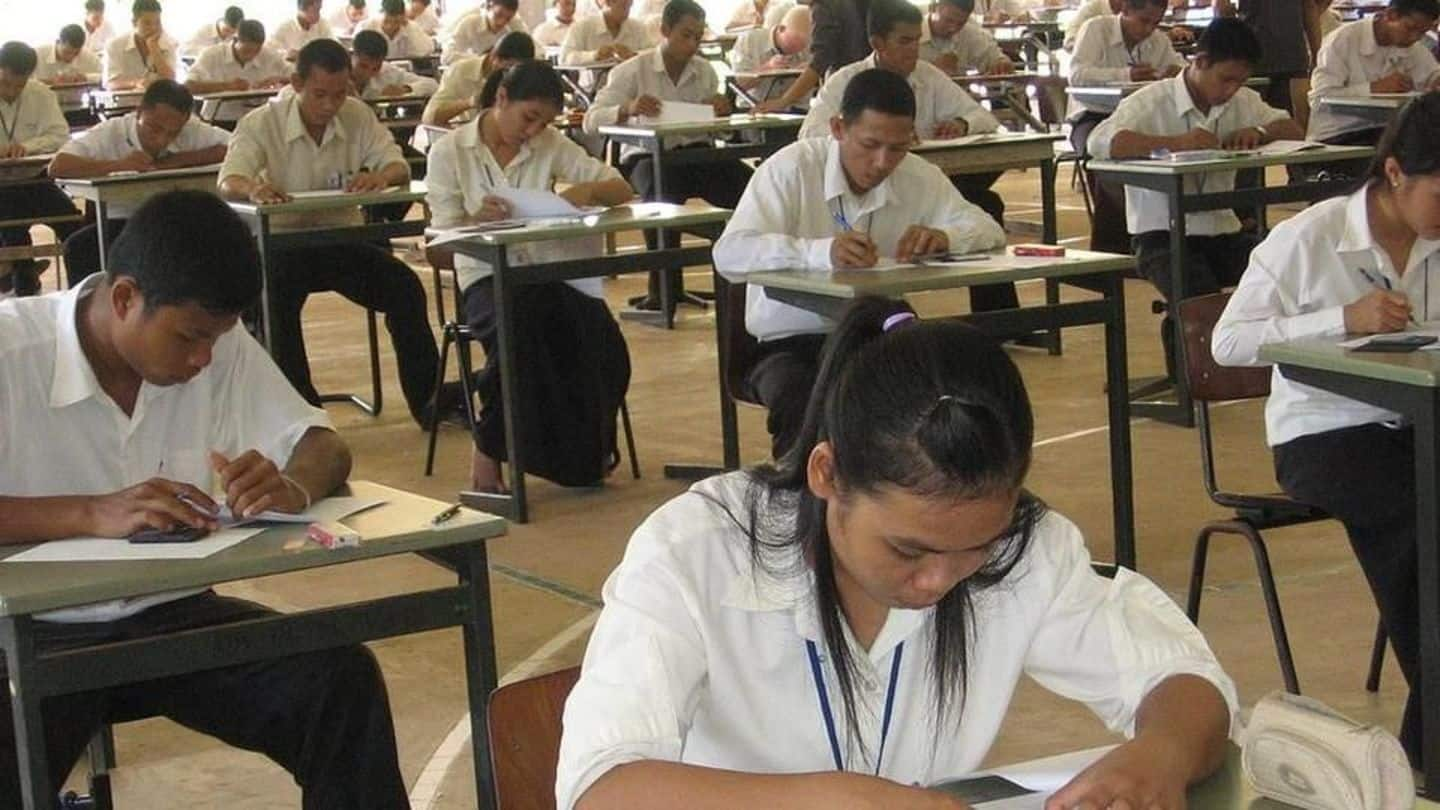
SC orders TN to follow NEET after Centre withdraws exemption
What's the story
The SC ruled that Tamil Nadu will have to follow the NEET, a common entrance exam for medical colleges, like all other states.
Last year, TN passed an ordinance to circumvent an SC order mandating NEET. The HRD and Law Ministries cleared it.
However, the Centre later said if it allows TN to ignore the exam, other states too would boycott the exam.
Introduction
The history of NEET - A common medical entrance exam
In 2009, Dr. Ketan Desai, Director-Medical Council of India, initiated the demand to have a common entrance test across India.
The government conceptualized the National Eligibility-cum-Entrance Test (NEET), a qualifying entrance examination for medical students aspiring to study MBBS, BDS or postgraduate course (MD/MS) in a private or government medical college.
The first NEET was to be held on 5 May'13.
2012-15
Several states had opposed the NEET
In 2012, implementation of NEET-UG was opposed by Andhra Pradesh, Karnataka, Gujarat and Tamil Nadu because of variation between NEET and state boards' syllabi.
States said the exam gave unfair advantage to students from CBSE and other national boards over those from state boards.
The situation was even more difficult for students in rural areas who had limited access to education.
Do you know?
The SC's changing stand on the NEET
In 2013, the SC ruled that Medical Council of India's (MCI) move to hold NEET for medical admissions was 'invalid'. Three years later in Apr'16, reversing its 2013 order, the SC mandated implementation of NEET for medical courses across India.
Regional languages
Difference in question papers in Hindi and regional languages
Earlier this month, the SC rapped CBSE for setting different question papers for students taking the NEET in regional languages.
In May, students had filed a petition against NEET, alleging question papers varied for different languages and states.
The court said there should be a common question paper for NEET, irrespective of language.
Only 30,817 of the 1,00,152 regional language candidates qualified this time.